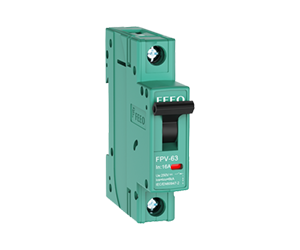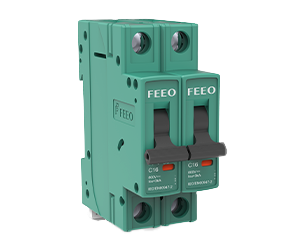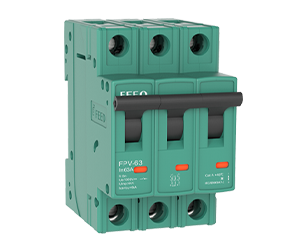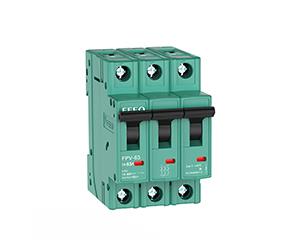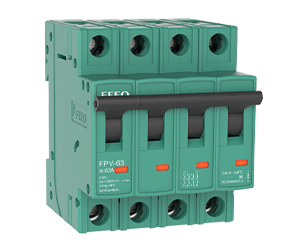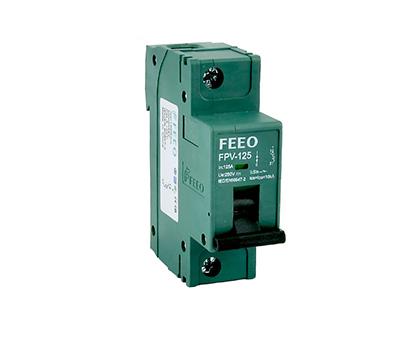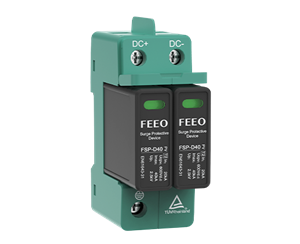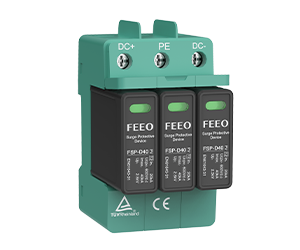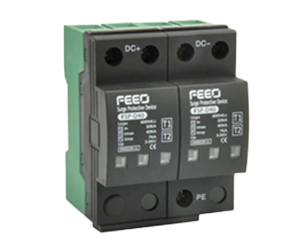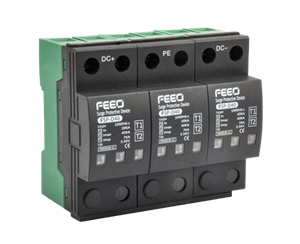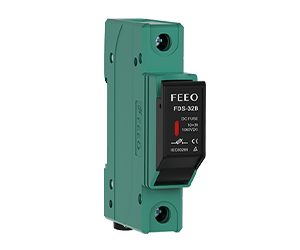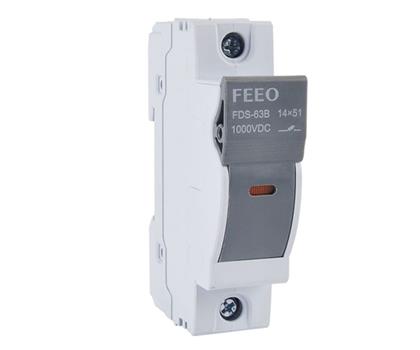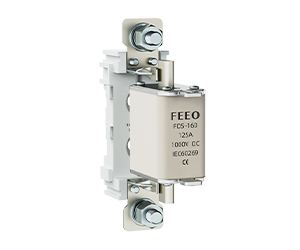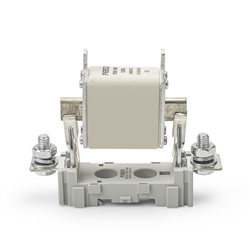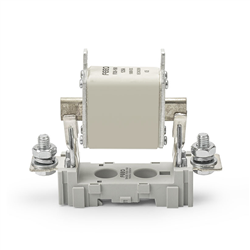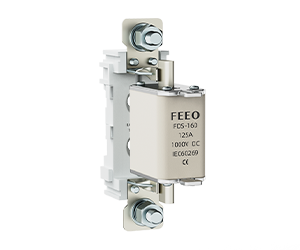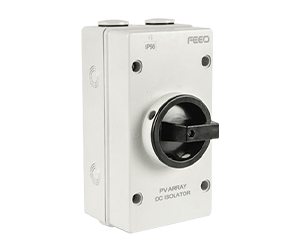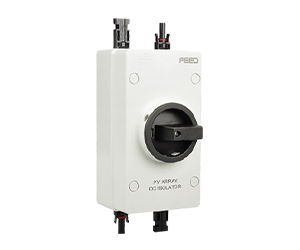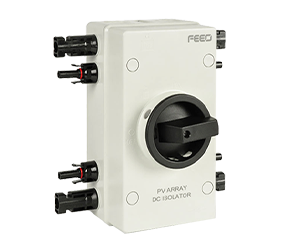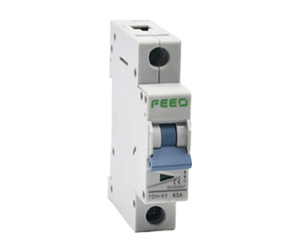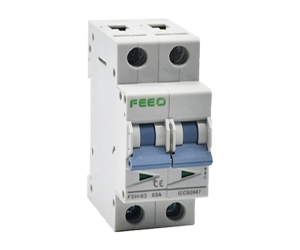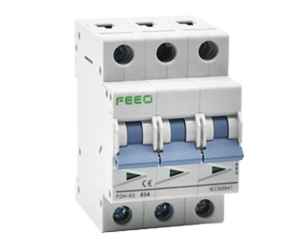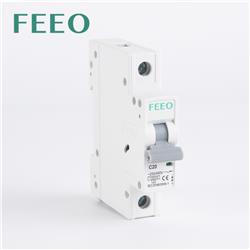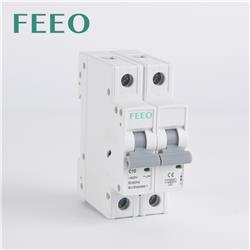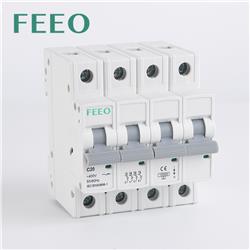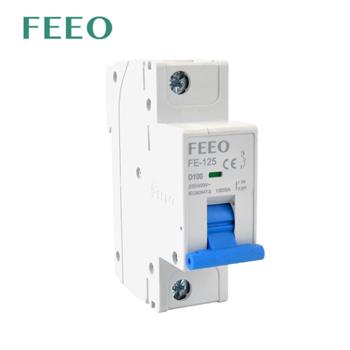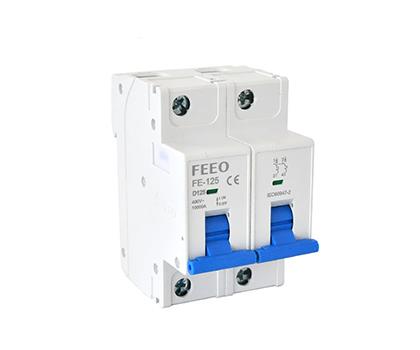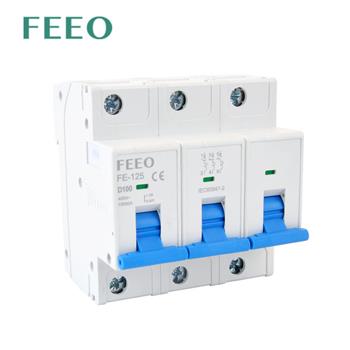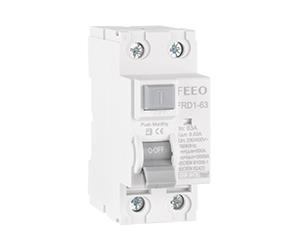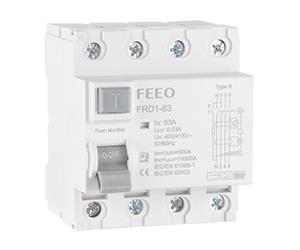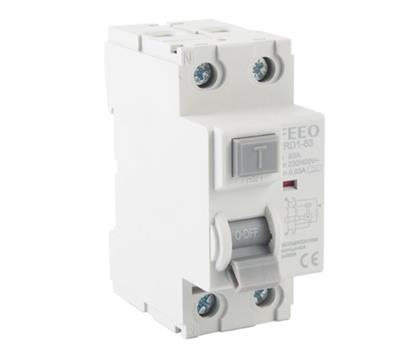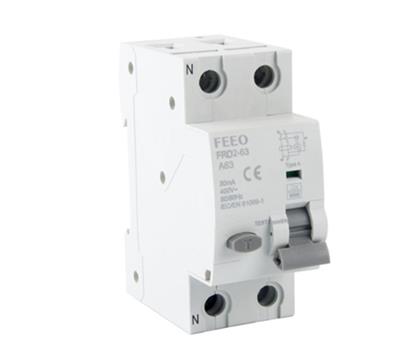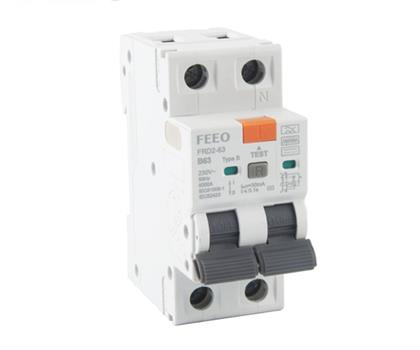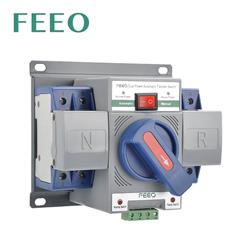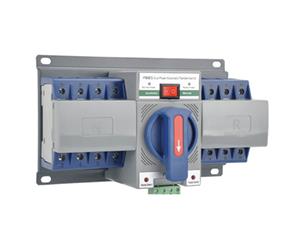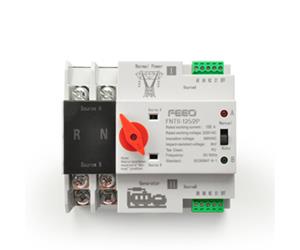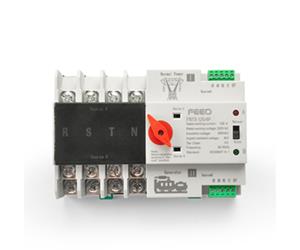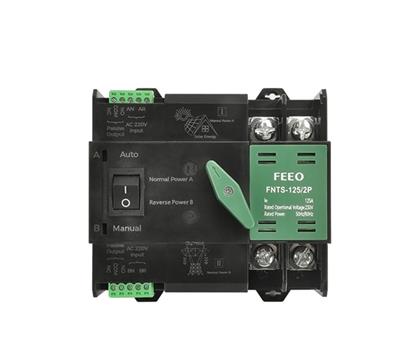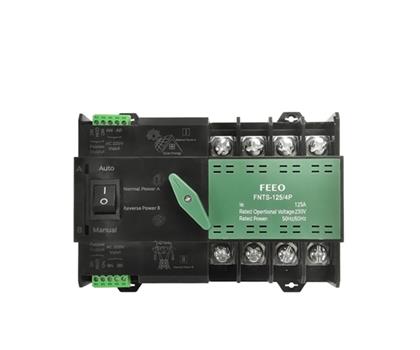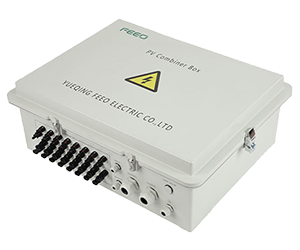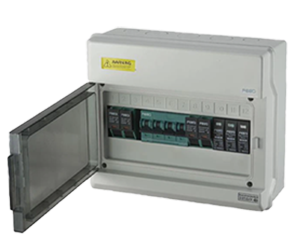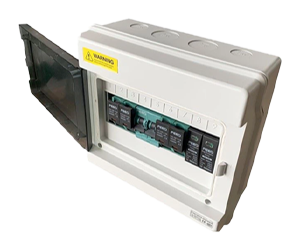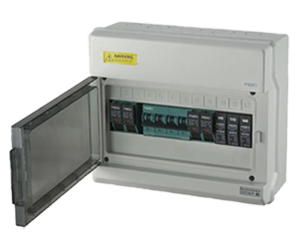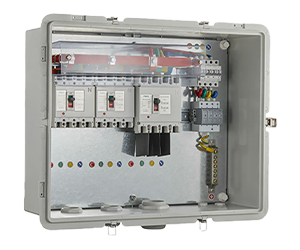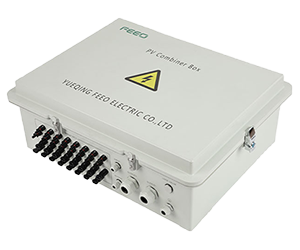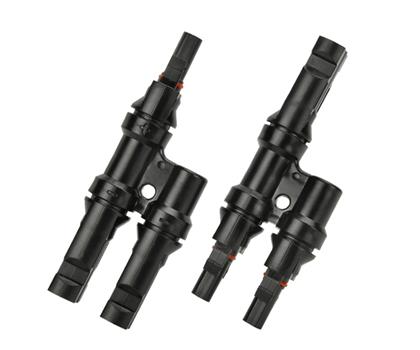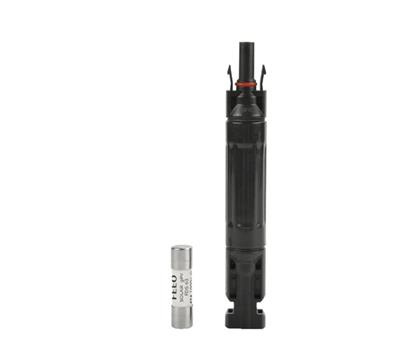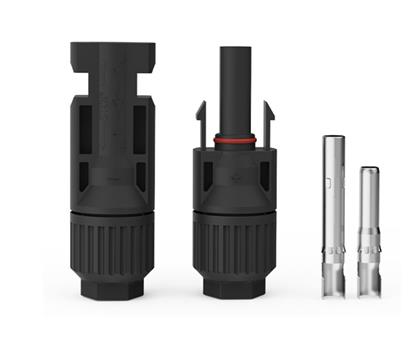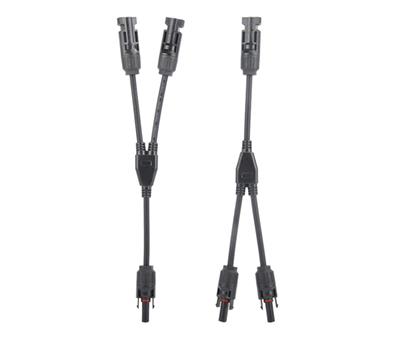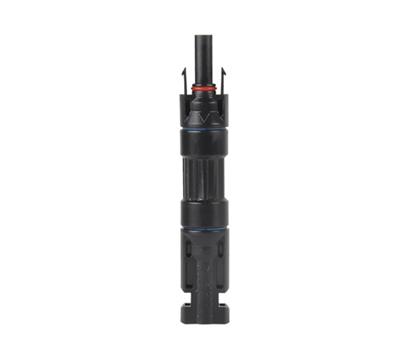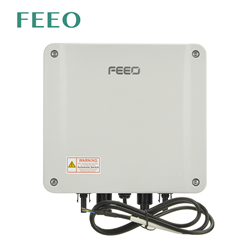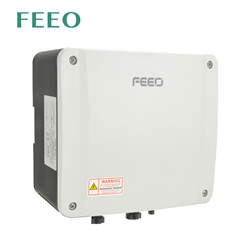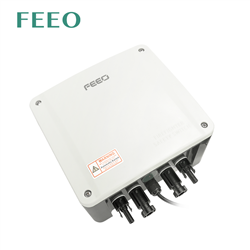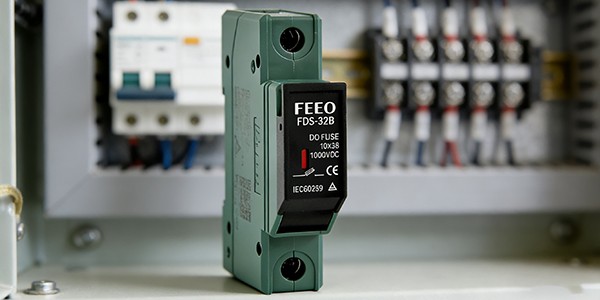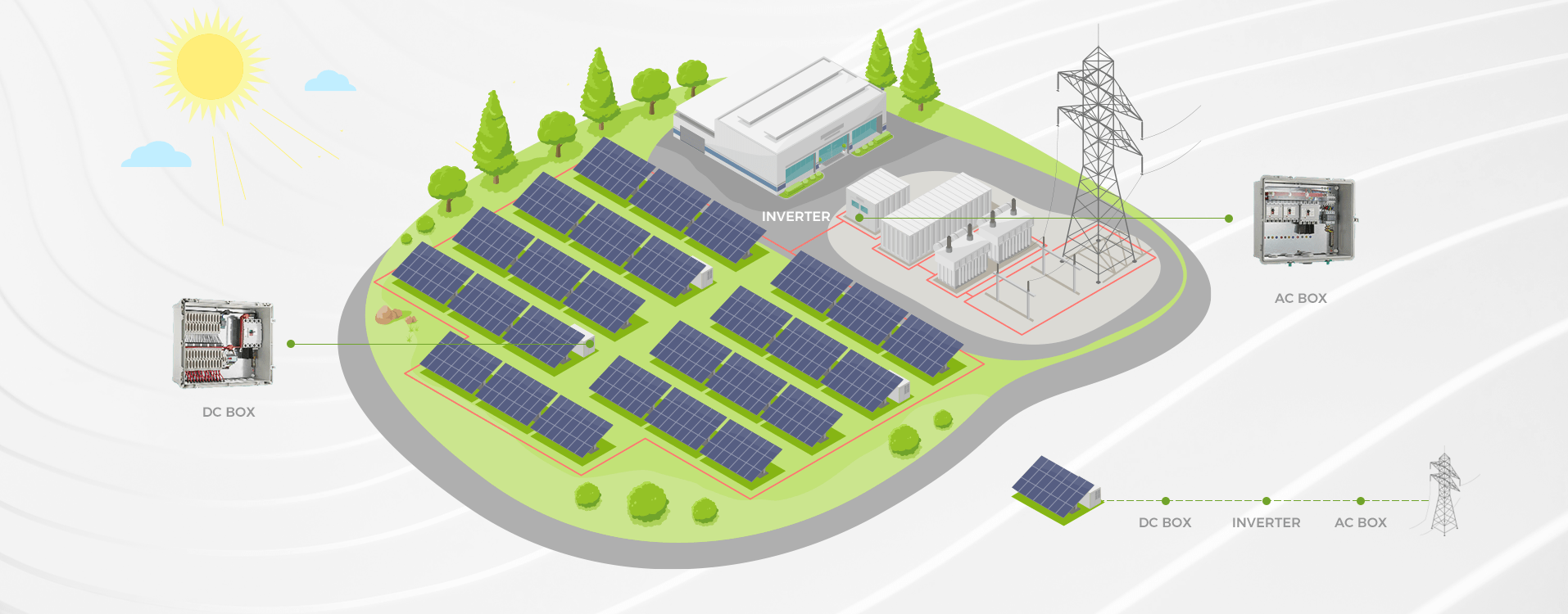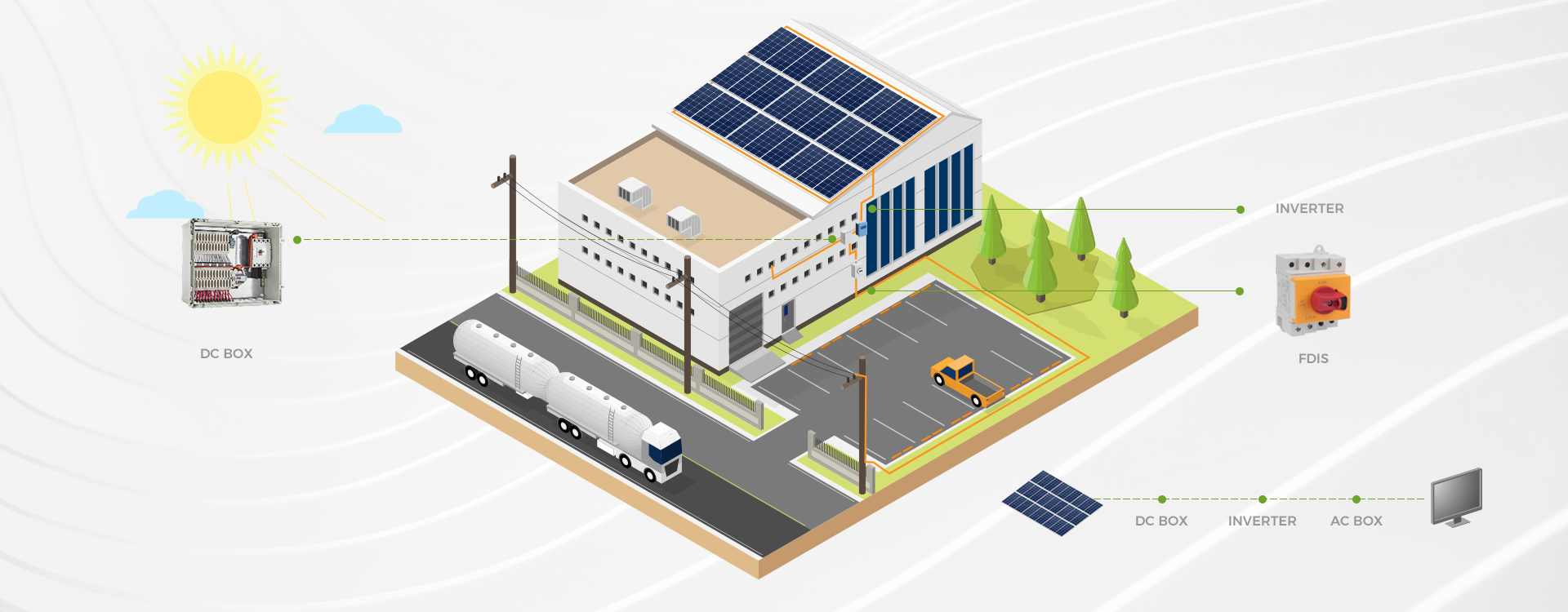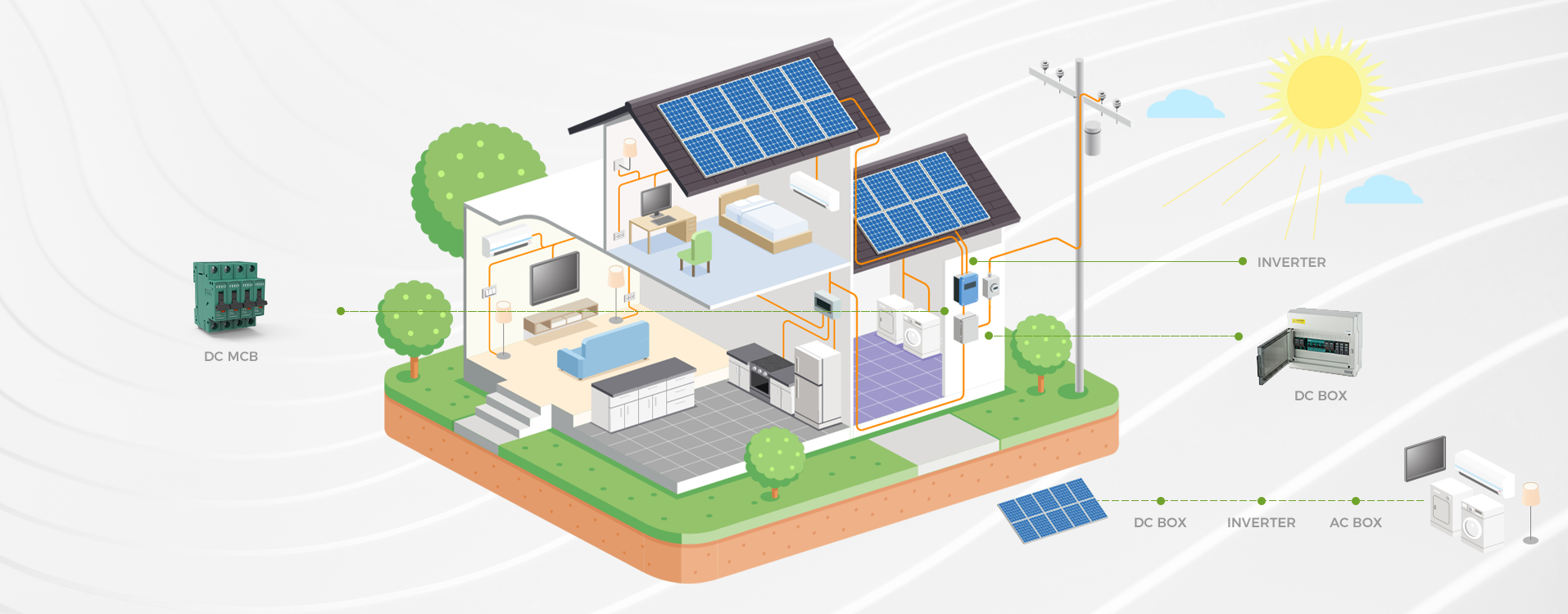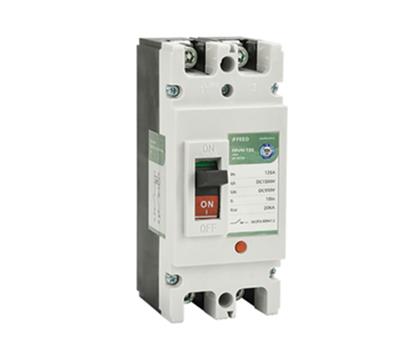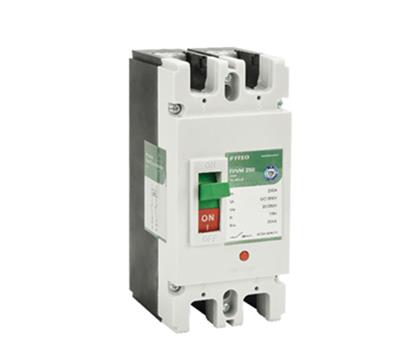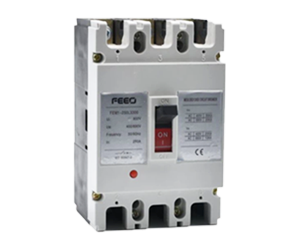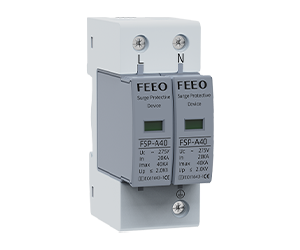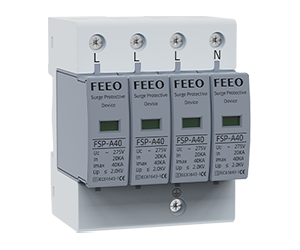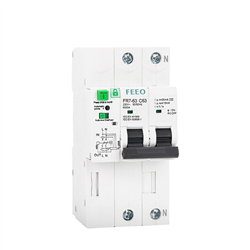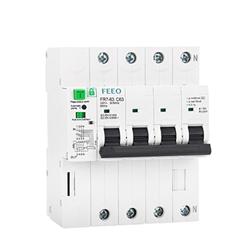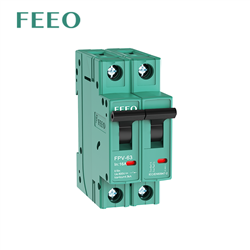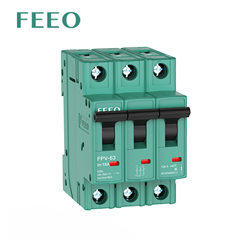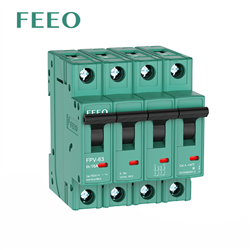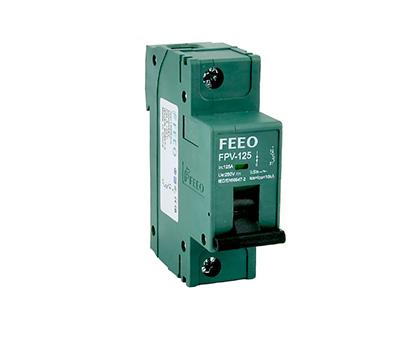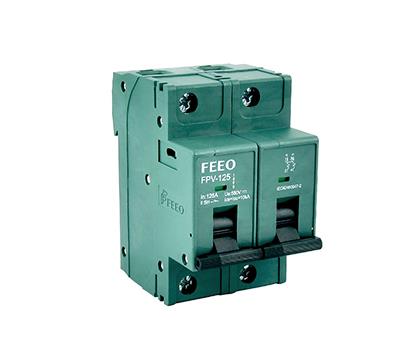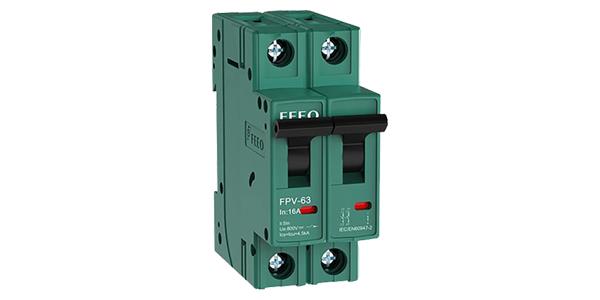The Multifaceted Applications of DC Circuit Breakers
DC circuit breakers are critical components in modern power systems, offering protection to electrical appliances and ensuring the smooth operation of power systems. This article presents an in-depth exploration of DC circuit breakers and their diverse applications.
Understanding a DC Circuit Breaker
A DC circuit breaker is essentially a switching device, engineered to disconnect or connect a DC power source within a particular circuit. Its primary function is to promptly disconnect the power source when a circuit is overloaded or short-circuited, averting potential equipment damage or fires.
A Brief Introduction to DC Circuit Breakers
The operational principle of a DC circuit breaker is quite simple: it automatically opens to disconnect the circuit when the current surpasses a predetermined limit. This limit is generally established by the circuit's creator, based on the circuit's maximum load capacity. Once the current returns to the normal range, the breaker can be manually or automatically closed to restore regular circuit operations.
The Contrast between DC and AC Circuit Breakers
The main distinction between DC and AC circuit breakers lies in their handling of current. AC current periodically changes in direction and magnitude, whereas DC current maintains a relatively stable direction and magnitude. Therefore, when an AC circuit experiences an overload or short circuit, the circuit can be disconnected by simply waiting for the current to naturally reach zero. But, in a DC circuit, the current won't naturally reach zero, requiring the forced disconnection function of a DC circuit breaker to interrupt the circuit.
DC Circuit Breakers: Where are They Utilized?
DC circuit breakers find their applications in various areas, including:
Wind Power Generation Systems
DC circuit breakers play a significant role in protecting rectifiers and inverters in wind power generation systems. Rectifiers convert the AC power produced by wind turbines into DC power, and inverters then convert this DC power back into the AC power needed by the grid. If the power generated by the turbine exceeds system limits due to high wind speeds, or grid malfunctions produce feedback currents, a DC circuit breaker promptly disconnects the circuit, averting damage to rectifiers and inverters.

Electric and Hybrid Vehicles
In electric and hybrid vehicles, DC circuit breakers are primarily used in the vehicle's power battery pack to protect electric motors and battery groups. For example, if an electric motor gets overloaded and overheats, or a battery short-circuits, the DC circuit breaker will disconnect the current to prevent fires and protect the vehicle's components. These breakers also safeguard the vehicle's charging system from potential excessive current during battery charging.

Data Centers
Data centers employ DC circuit breakers mainly for the protection of Uninterruptible Power Supply (UPS) systems and server equipment. Power stability is vital for the seamless operation of a data center. Hence, when a power overload or short circuit threatens the data center's functionality, the DC circuit breaker disconnects the current, preventing equipment damage and ensuring the data center's steady operation.

DC Power Transmission Systems
DC power transmission systems provide an efficient method of transmitting power over large distances, where DC circuit breakers are indispensable. They are primarily used to protect transformers and cables. In case of grid or transformer failure, which could cause a substantial current surge and increase fire risk, the DC circuit breaker promptly disconnects the current, preventing the failure from worsening and ensuring a stable power supply.
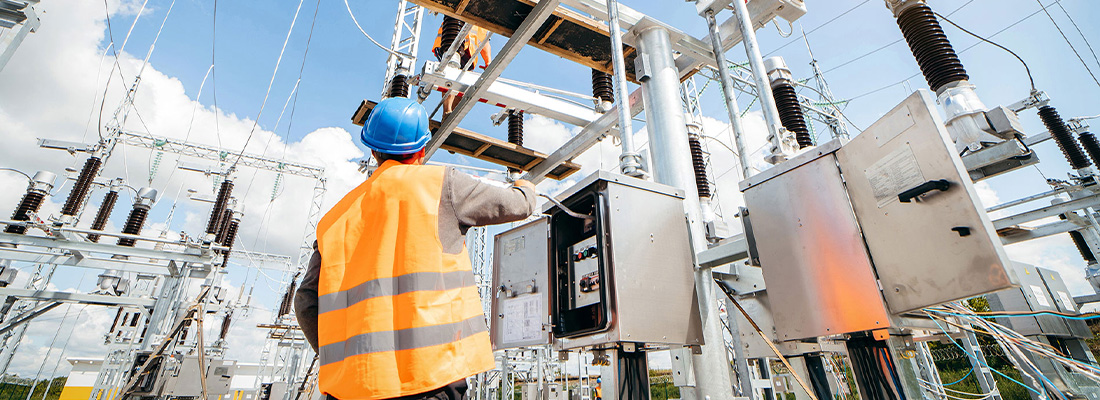
Electric Ships and Marine Energy Systems
In electric ships and marine energy systems, DC circuit breakers are used to protect electric motors, battery groups, or supercapacitors. The propulsion systems of electric ships and equipment in marine energy systems (such as tidal and wave power generation systems) could get damaged due to overload or short circuit. The DC circuit breaker disconnects the current under these circumstances, preventing fires and equipment damage, thereby ensuring smooth navigation for ships and the steady operation of marine energy systems.

In summary, DC circuit breakers play a vital role across numerous applications, safeguarding power system stability and preventing potential damage to equipment or fires.
